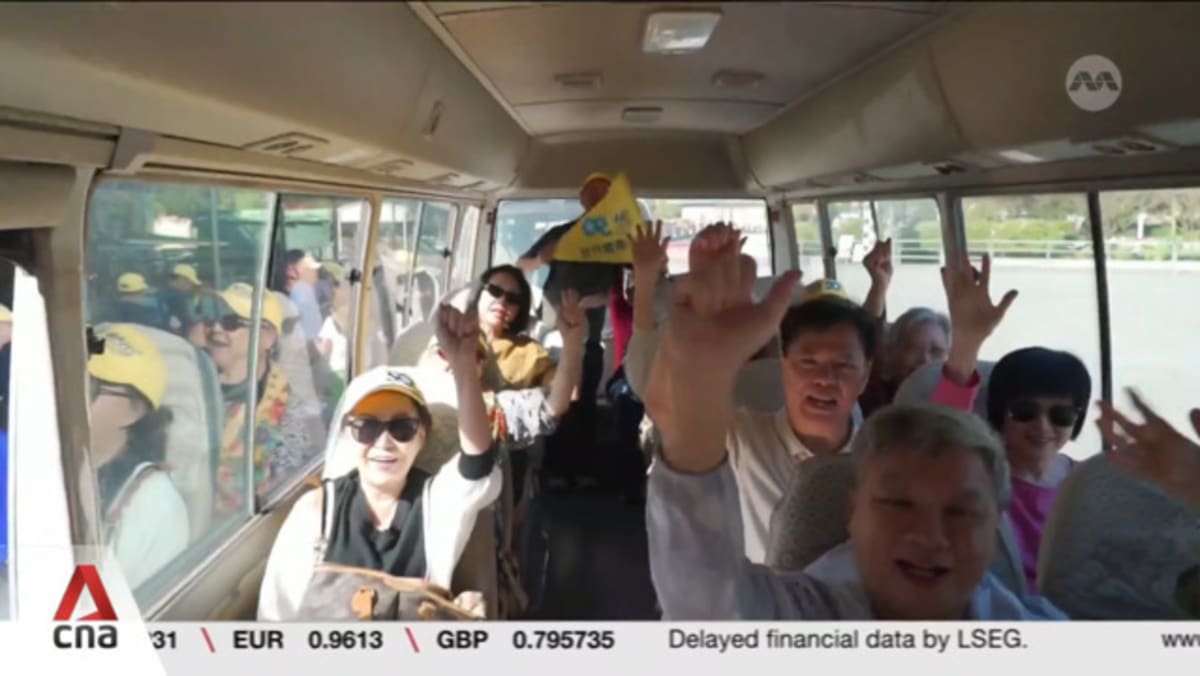THE NEED FOR A MULTIPRONGED APPROACH
To effectively control dengue outbreaks in Singapore, a concerted and multipronged approach is essential. One of the important components of this approach is continuous biomedical research, coupled with global collaboration among governments, academic institutions and pharmaceutical companies to co-develop novel drugs and preventive therapies to prevent and treat dengue.
Ensuring early detection and access to proper medical care for dengue has significantly lowered fatality rates. However, there are no drugs available commercially at present specifically designed to treat dengue. Garnering pharmaceutical companies’ interest in developing such drugs to treat and prevent acute infections, which are not as lucrative as chronic diseases drugs, can be difficult.
Furthermore, developing a safe and effective vaccine is challenging due to the immune complexity of the dengue virus. There are four different dengue serotypes and all four co-circulate locally. A person infected by one serotype gains immunity to that specific serotype, but this same immunity can sometimes worsen a second infection from another serotype.
A vaccine that offers protection against all four serotypes would be a game changer.
The availability of such a vaccine, one that is effective against the predominant circulating dengue serotypes, does not worsen subsequent infections and can be given to a wide age range including older adults, would be instrumental in reducing the healthcare burden of dengue in Singapore.
Currently, Singapore has only one licensed dengue vaccine, Dengvaxia. The vaccine is only recommended for those aged 12 to 45 years old with prior infection. As such, its use locally so far has been limited.
Sanofi, however, recently announced that they will discontinue production of Dengvaxia due to a lack of demand globally.
Another vaccine that was recently launched in several countries is Qdenga. It has been approved in countries including Indonesia, Thailand, Vietnam and conditional approval in Malaysia for use regardless of prior infection.
A study has shown that Qdenga was about 84 per cent effective in reducing hospitalisation and 61 per cent effective in preventing symptomatic dengue cases at four-and-a-half years after being administered.
However, for countries with low to moderate dengue transmission, including Singapore (Singapore is considered to have a low dengue transmission), the World Health Organization’s position paper in May 2024 currently does not recommend Qdenga’s inclusion into national vaccination programmes.
While Qdenga has high efficacy against serotype 2, the predominant serotype historically responsible for most outbreaks in Singapore, it does not appear to protect against serotype 3 and it is unclear if it protects against serotype 4.
In Singapore, the manufacturer has also withdrawn its application to register Qdenga here following a review by the Health Sciences Authority on initial submitted scientific data.
A third dengue vaccine, TV003, has recently completed clinical trials in Brazil with promising results. Longer-term follow-up data is pending.














